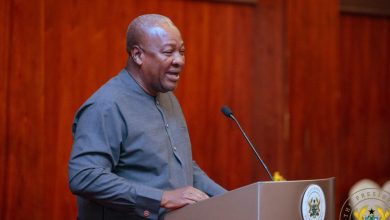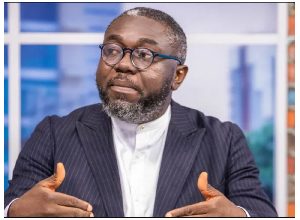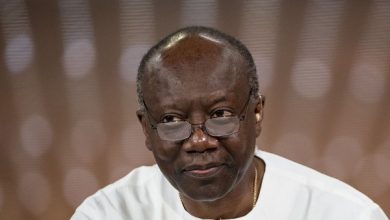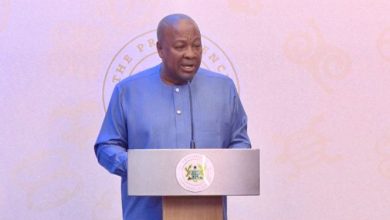I will work to repress corruption – Kissi Agyebeng

The Special Prosecutor, Kissi Agyebeng, has said he will work hard to ensure that corruption in Ghana, which he likened to a pandemic, is suppressed and repressed.
“I come into this office and pledge to the people of Ghana as I said exactly two weeks ago, that I am going to work assiduously with deliberation to suppress and repress corruption,” Agyebeng said after he had been sworn into office by President Nana Akufo-Addo at the Jubilee House on Thursday 5 August.
On his part, Akufo-Addo after administering the Oath of Allegiance, Official Oath and the Oath of Secrecy to the new Special Prosecutor, said his administration will offer the office of the Special Prosecutor all necessary assistance it needs to fight corruption in the country.
“I want to assure Kissi Agyebeng like I assured his predecessor that not only will the executive including the Attorney General, respect the independence of his office, but also provide him with whatever assistance will be required to enable him discharge his high duties effectively in the interest of the Ghanaian people,” Akufo-Addo said.
The Attorney General and Minister of Justice, Godfred Dame, on 16 April 2021 wrote to Akufo-Addo, nominating Agyebeng to serve as Special Prosecutor, in line with section 13(1) and (2) of Act 959.
The Appointments Committee of Parliament on Thursday 22 July 2021 vetted and approved Agyebeng. Parliament on 30 July 2021 approved the nomination of Agyebeng.
Agyebeng leaves private legal practice as managing partner at Cromwell Gray LLP after nearly 19 years standing at the Ghanaian bar, to serve in his new position.










